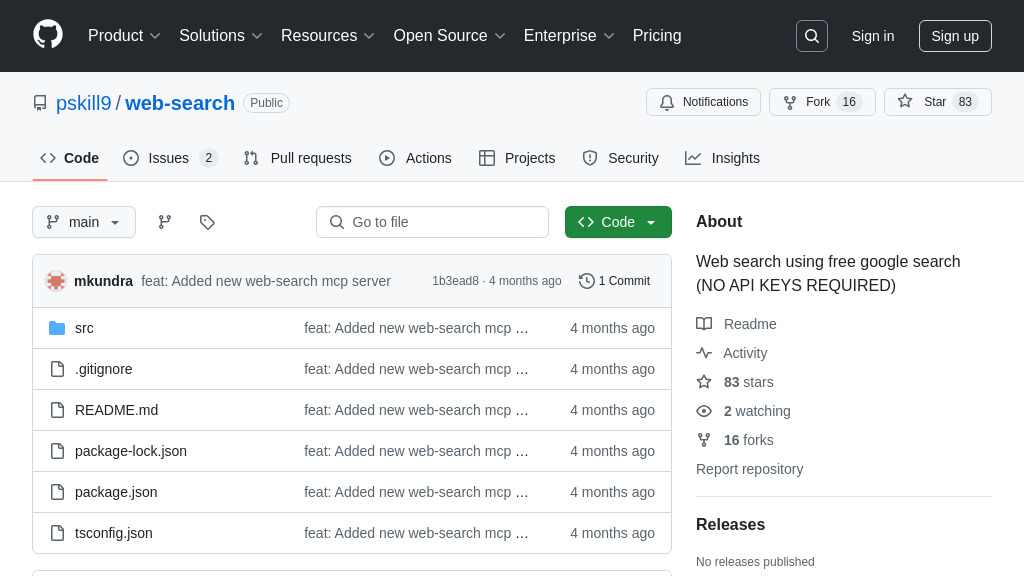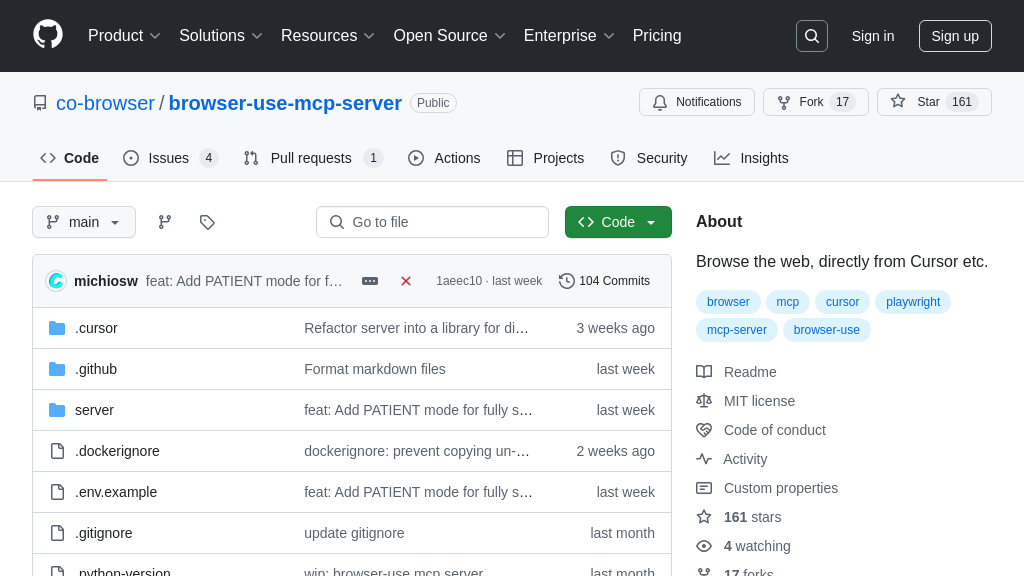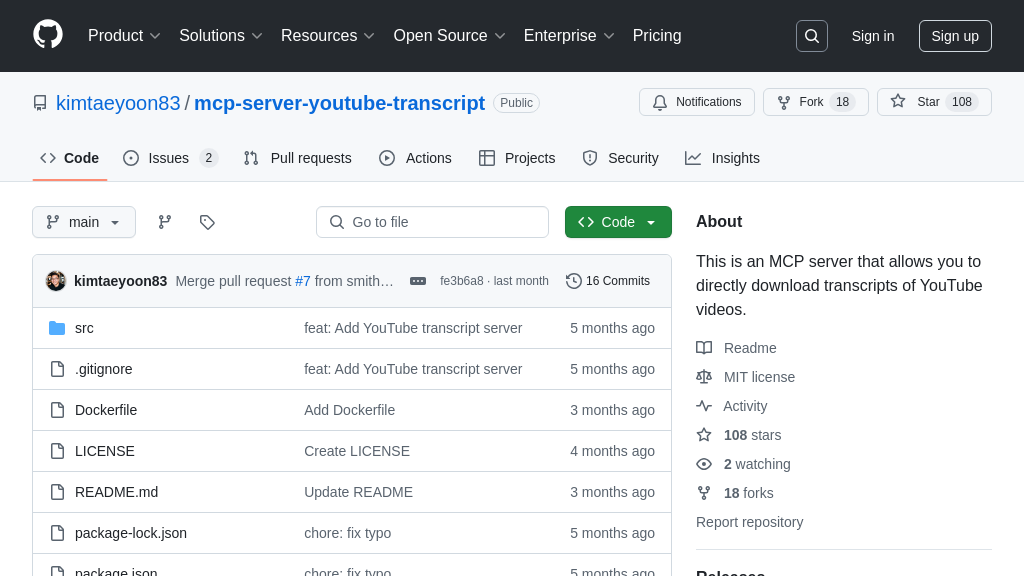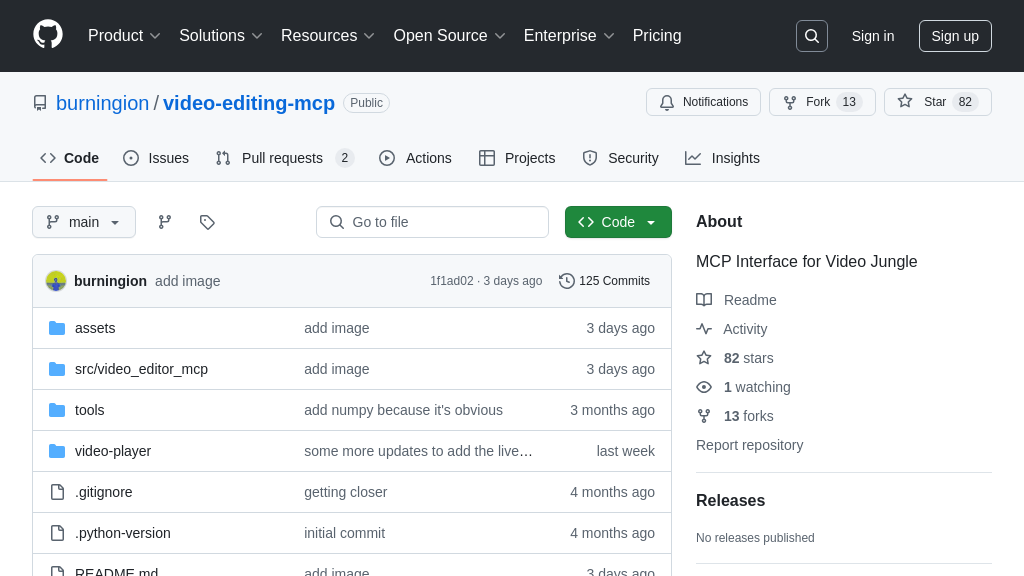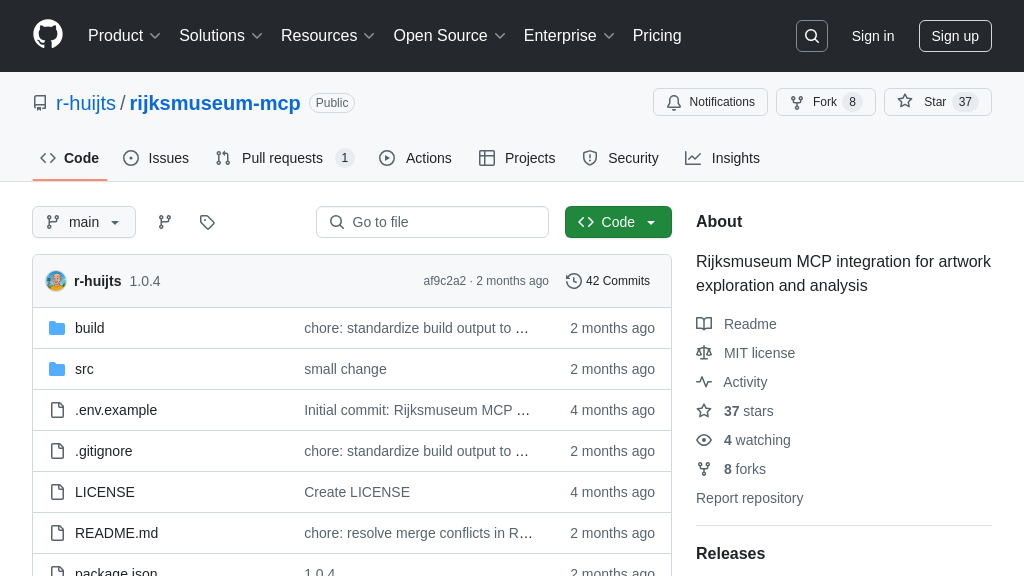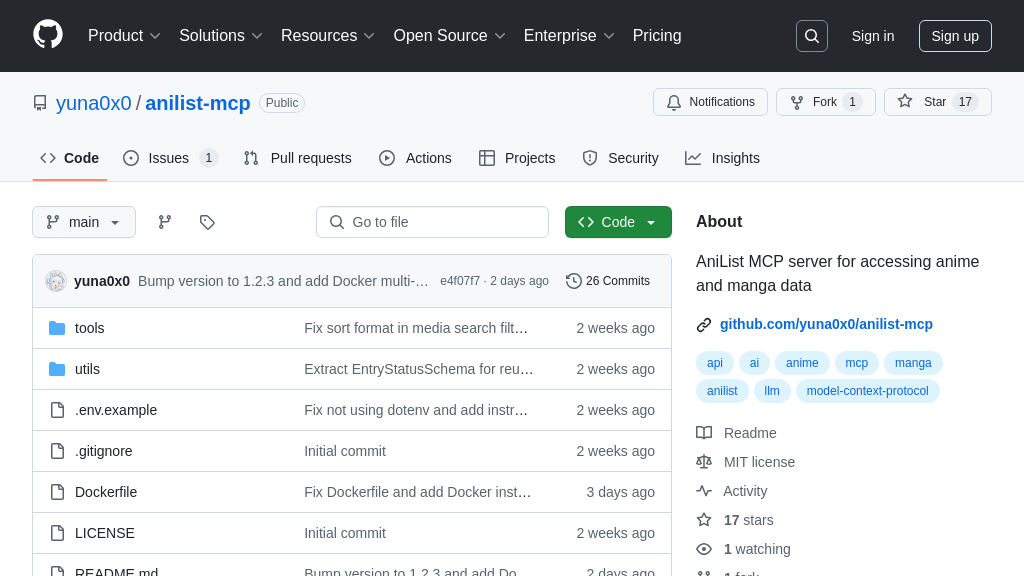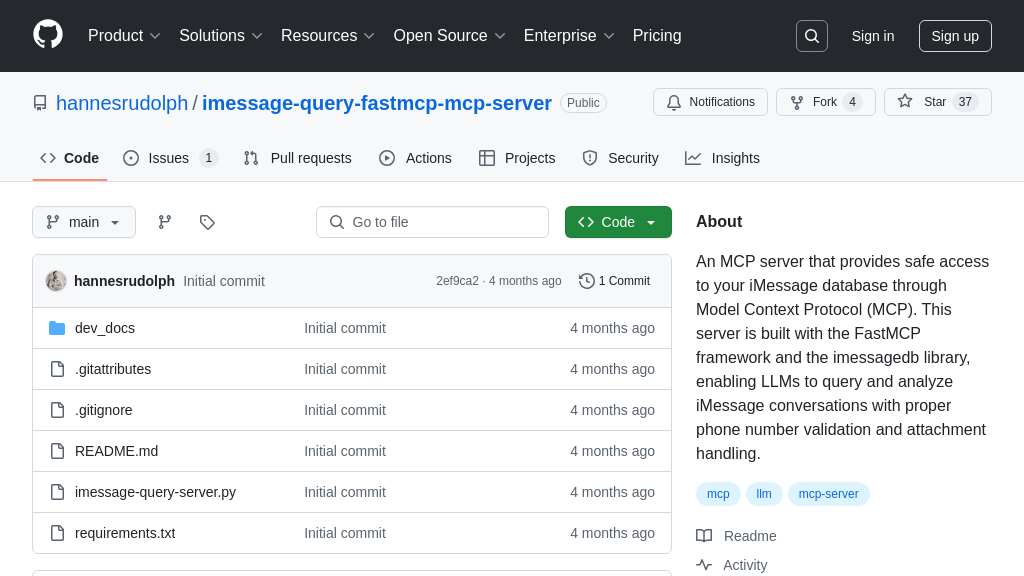mcp-maigret
mcp-maigret: An MCP server for OSINT, enabling AI-driven username and URL analysis via Maigret.
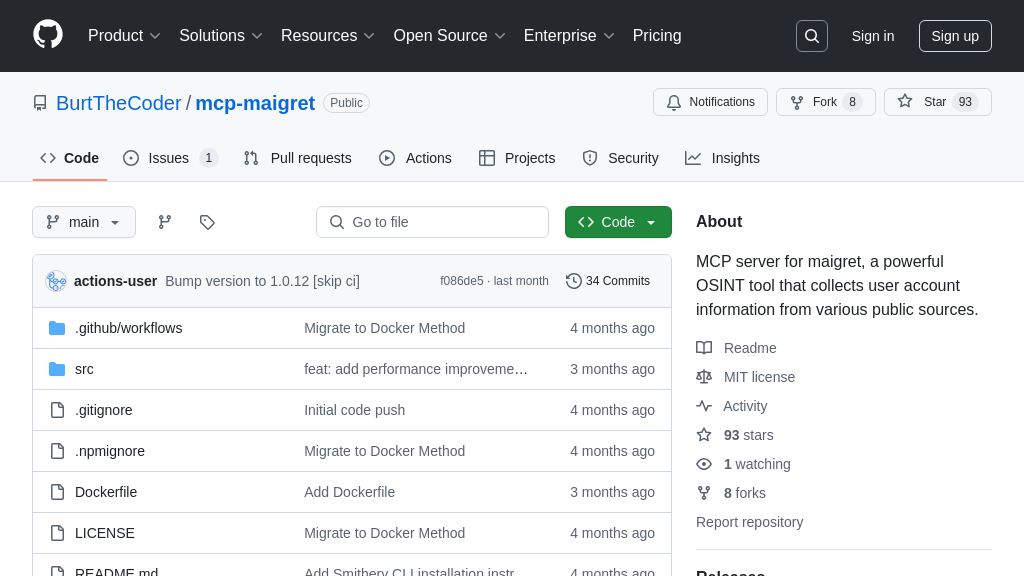
mcp-maigret Solution Overview
mcp-maigret is an MCP server that integrates the powerful OSINT tool, Maigret, with AI models. As a server, it enables AI models to leverage Maigret's capabilities for username search and URL analysis across numerous online platforms. This allows AI to gather and analyze publicly available user information, enhancing its understanding of online identities and contexts.
Key features include searching for usernames across hundreds of social networks, parsing URLs to extract associated usernames, and supporting multiple output formats like txt, html, and JSON. mcp-maigret empowers AI models to perform in-depth online investigations, verify information, and identify potential connections between online identities.
The server is designed for seamless integration with MCP-compatible clients, such as Claude Desktop, using standard input/output or HTTP/SSE. By providing AI models with access to Maigret's OSINT capabilities, mcp-maigret unlocks new possibilities for AI-driven research, analysis, and security applications, while adhering to ethical OSINT practices. It can be easily installed via Smithery or manually with Docker.
mcp-maigret Key Capabilities
Username Discovery Across Networks
mcp-maigret's core function is to enable AI models to search for a specific username across a vast array of social networks and websites. This is achieved by leveraging the underlying Maigret OSINT tool, which maintains an extensive database of platforms. When a username is provided, the server initiates a search across these platforms, identifying potential matches and returning a consolidated report. This report details the presence (or absence) of the username on each platform, providing valuable insights into a user's online footprint. The AI model can then use this information for various purposes, such as identity verification, risk assessment, or social media analysis. For example, an AI model could use this feature to verify the online presence of a job applicant or to identify potential social media accounts associated with a known threat actor.
Technically, the search_username tool is used, which takes the username as a required parameter and allows optional parameters like output format and site filtering.
URL-Based User Identification
Beyond username searches, mcp-maigret offers the capability to analyze URLs and extract associated usernames. This feature allows AI models to investigate specific web pages or profiles to uncover potential usernames used on those platforms. The server parses the provided URL, extracts relevant information, and then uses this information to search for associated usernames. This is particularly useful when an AI model needs to investigate a specific online profile or web page to identify the user behind it. For instance, an AI model could analyze a suspicious link to identify the user accounts associated with that link, aiding in threat intelligence or fraud detection.
The parse_url tool facilitates this functionality, requiring the URL as input and supporting various output formats.
Flexible Output Format Support
mcp-maigret provides support for multiple output formats, including txt, html, pdf, json, csv, and xmind. This flexibility allows AI models to receive the search results in a format that best suits their processing capabilities and analytical needs. The choice of output format can significantly impact the efficiency of data ingestion and analysis. For example, an AI model might prefer JSON format for easy parsing and integration with other data sources, while a human analyst might prefer HTML or PDF for readability and presentation purposes. This adaptability ensures that mcp-maigret can seamlessly integrate into diverse AI-driven workflows.
The desired format can be specified as an optional parameter in both the search_username and parse_url tools, with PDF being the default.
Site Filtering with Tags
To refine search results and focus on specific types of platforms, mcp-maigret allows filtering searches by site tags. These tags categorize websites based on their content or purpose (e.g., "photo," "dating," "us"). By specifying a set of tags, AI models can narrow down the search to only include platforms that are relevant to their analysis. This feature is particularly useful when an AI model is interested in a specific aspect of a user's online presence. For example, an AI model could use the "photo" tag to search for a user's presence on photo-sharing platforms or the "dating" tag to investigate their activity on dating websites.
The search_username tool accepts an optional array of tags as a parameter, enabling this targeted search capability.

